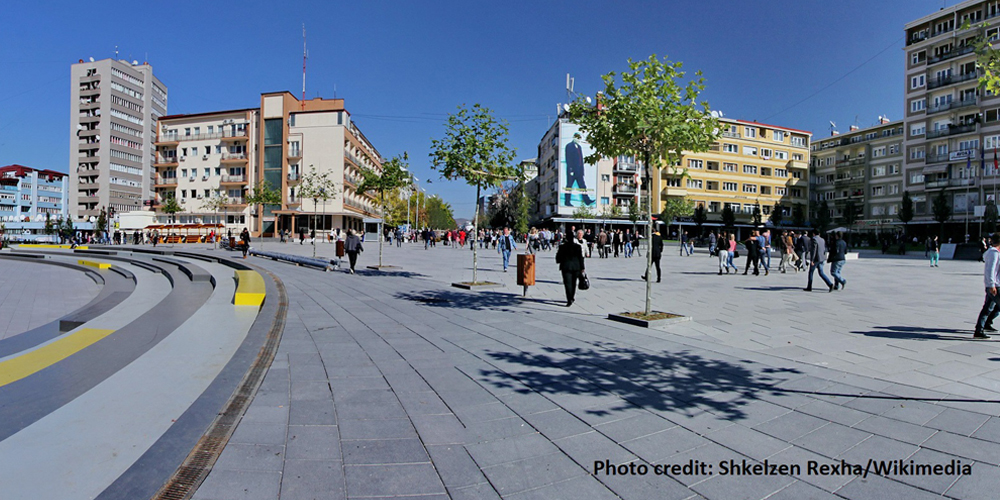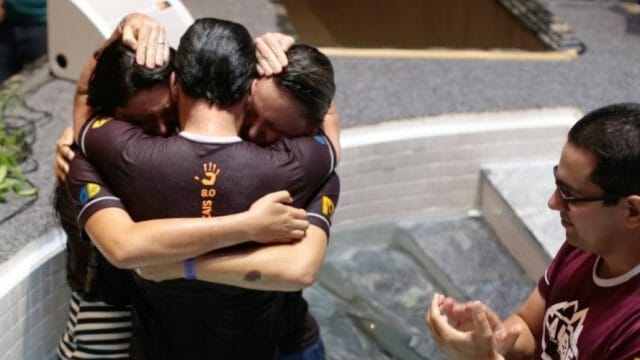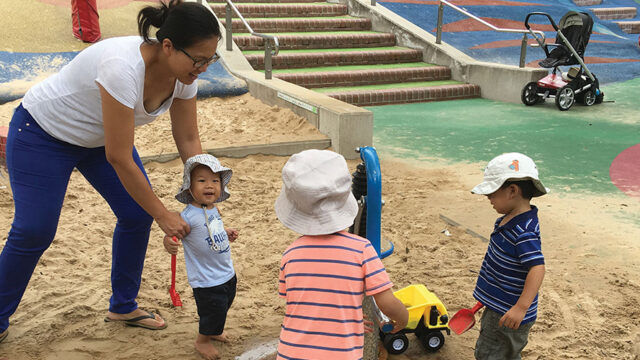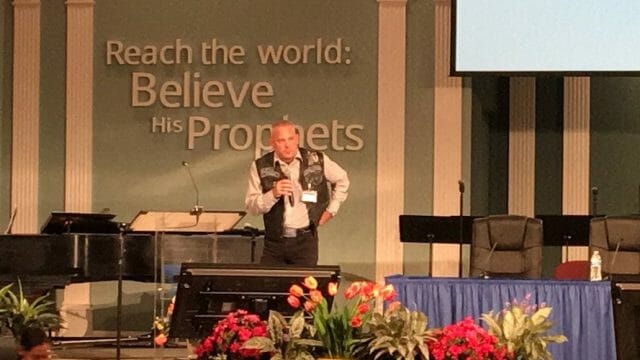Adventist Church initiative heralds a new beginning for members, leaders say.

With a population of 250,000, the city of Priština, Kosovo, has one of the youngest populations in Europe, on average aged 25 years old. Located in the southeastern corner of Europe, just north of the Goljak mountains, the majority of people are Kosovo Albanians. With the freedom of belief and conscience explicitly guaranteed in the state constitution, Christianity maintains a low-profile presence, where mosque and church are seen together in the city landscape. The local Adventist community is aging and few in number — but their commitment to being a beacon of hope is not impaired. Not least, it is to find a renewed purpose for their existing church building, open for just a few hours each week for Saturday (Sabbath) worship.
From January 2021, a new opportunity arrives as they are expected to be joined by Adventist Frontier Mission workers (AFM) Edney and Carolina Miranda from Brazil. For the first year, the Mirandas will build networks and make friends with both congregation and community, listening, learning, training, and seeking to understand the unique people group they will serve.
One thousand five hundred miles (2,400 km) north of Priština, at the Trans-European Division (TED) offices in St. Albans, England, TED president Raafat Kamal shares how this new opportunity has arisen.
“One of my roles requires me to chair numerous committees,” Kamal said. “But if there is one I find particularly energizing, it is the TED Mission Board, which considers new projects to advance the work of the church in our territory.”
At the October meeting of the Mission Board, a plan was approved for an urban center to be strategically located in downtown Priština and operated out of the current church building. Finance for this joint five-year plan is provided by the world church headquarters, the TED, the South-East European Union, and Adventist Frontier Missions.
With Priština’s young population, the plan includes establishing a children’s day-care center, classes in English, health education classes, and the formation of Discover Bible study groups. Eventually, the aim is to set up new home-based congregations around the city, with the church building as the hub.
Dragan Grujičić, president of the South-East European Union, is supervising the project. He knows there will be challenges ahead.
“What interests me most is the possibility of Priština’s small church family extending their arms of loving friendship to youth and young families from a very different background.”
“To date, this will be the ninth urban center the [Adventist Church] has provided support for” across the region, Daniel Duda, TED Adventist Mission director, said. “Since 2015, TED fields have launched eight urban centers within its territory in Albania, Croatia, Estonia, Denmark, Hungary, and Ireland.”
For the Priština members, the new center will bring added value to the life of the church. With the plan to open the doors of the church most days of the week, the worshipping church also becomes a serving church.
“That’s good news for both the church and the community,” Conrad Vine, president of Adventist Frontier Missions, said. “I am delighted that we can partner with the Trans-European Division to support the South-East European Union’s plan to bring hope and healing to the people of Priština.”
The original version of this story was posted on the Trans-European Division news site.








